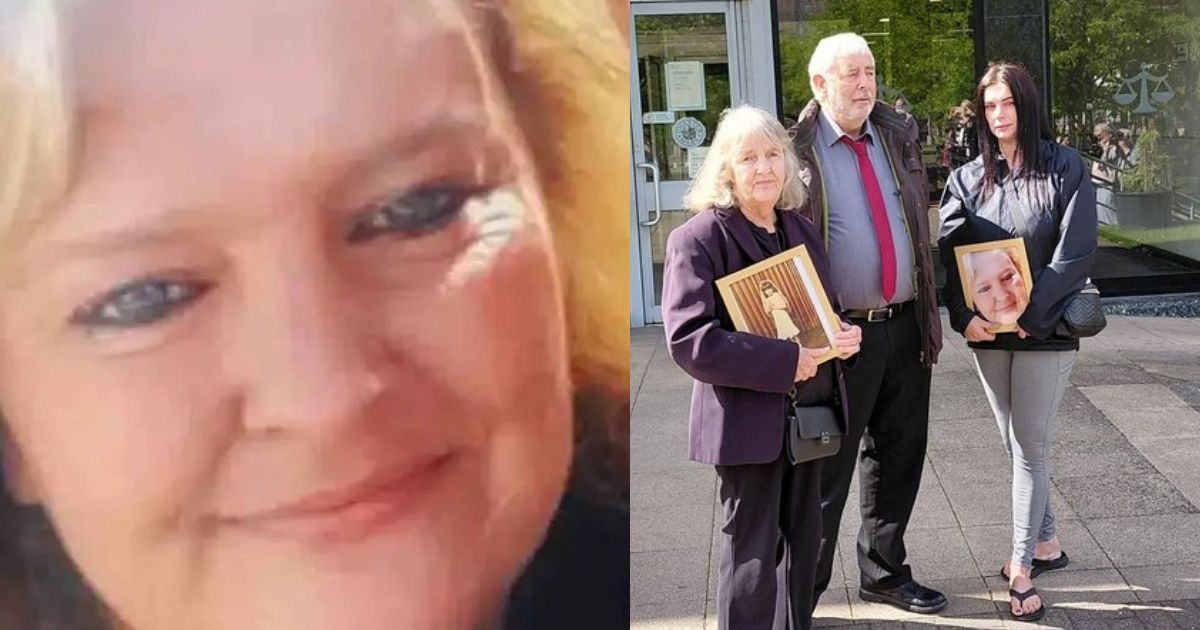Jodey Whiting was a 42-year-old disabled mother who tragically took her own life in 2017. Her story will forever be an example of the failure of the UK’s welfare system. To get her daughter the justice she deserved, Joy Dove has been on an unwavering pursuit of truth and justice. Her efforts have shone a spotlight on critical failures within the system.
After years of campaigning, she finally secured a second inquest into the death of her daughter. The investigation revealed clear evidence about the role played by the Department for Work and Pensions in Whiting’s mental health deterioration, as per a BBC report.
Dove’s fight might have started as her personal struggle against the system, but it became a rallying cry for reform and accountability. Her daughter’s death was once considered a private tragedy. But now, it stands as an example of a system that failed to protect the most vulnerable.
Jodey Whiting had long battled serious physical and mental health conditions. Her conditions included chronic pain caused by a spinal curvature and a brain cyst. Despite her fragile state, the DWP terminated her Employment and Support Allowance.
It was for a mere reason that she missed a scheduled medical assessment. What DWP failed to consider was that at the time of the appointment, Jodey was already in the hospital and was being treated for pneumonia.
A coroner’s ruled a Stockton mum, who took her own life, did so as a result of her benefits being cut
Jodey Whiting – who was 42 – had severe health issues but was deemed ‘fit to work’ by the DWP back in 2017
Our senior reporter @Karenlyl is outside Teesside Magistrates Court: pic.twitter.com/9Fadnl1T7I
— Hits Radio News | Teesside (@HitsTeesNews) June 2, 2025
There was no proper follow-up or assessment. The system got lazy, and Whiting was declared fit for work. After this decision, her ESA was stopped. This also stopped her housing and council tax benefits. Upon her death, when her house was searched during the investigation, there were unopened letters. These included notices that questioned her missed appointment and informed her of the termination.
During the investigation, several testimonies were recorded. These testimonies revealed how these decisions worsened Whiting’s mental health drastically. Her mother recounted how Jodey became overwhelmed with anxiety. She was particularly worried about basic needs like food and rent.
“She wrote about not being able to pay her bills and having no food. In some she wrote about feeling breathless and trying to pay her bills and being in debt,” told Bridget Dolan KC, representing the coroner.
In another note, she wrote, “I have had enough.”
The pressure of losing financial support contributed to her failing mental health, and within a few days of receiving these notices, she committed suicide.
The Independent Case Examiner (ICE) conducted an investigation and uncovered multiple disasters by authorities in the handling of Whiting’s case. The report pointed to serious procedural errors by the DWP and then recommended that her family receive £10,000 in compensation for the distress caused.
Breaking: Jodey Whiting took her own life after her benefits were INCORRECTLY stopped, an inquest has found.
It is another damning conclusion of safeguarding failings by the DWP – but vindication for Jodey’s mother Joy who has fought for years for accountability
— Jamie Roberton (@jamiemroberton) June 2, 2025
The ICE (Independent Case Examiner) also found that Whiting had not been given even the opportunity to explain her missed appointment. It was also found that the standard safeguarding procedures were not followed.
During the second investigation, Coroner Clare Bailey ruled that the DWP’s actions were the significant contributing factors in Whiting’s death. She also concluded that the benefit termination led to the deterioration of her mental health. She claimed the DWP failed one of its most vulnerable claimants.
Once the investigation was over, DWO expressed deep regret over Whiting’s death. This apology may be too little too late; it, however, recognizes that changes are needed in the system, especially for those who are too tired or broken down to fight their own battles.
The end of a very long journey. Some of Jodey Whiting’s amazing family arriving today for the long-awaited 2nd inquest to examine what role #dwp played in her death in 2017, and its ongoing failures. Much more from me on Thursday.#DeathsByWelfare pic.twitter.com/qEnXoO90Ob
— Disability News Service (@johnpringdns) June 2, 2025
Ever since this came into the limelight, there have been calls for systemic reform. Campaigners have been urging the DWP to show more compassion and have asked for thorough procedures for evaluating vulnerable claimants.
However, experts and advocacy groups are not very hopeful and argue that only sweeping changes can prevent similar tragedies.
Disclaimer: In the US, you can contact the National Suicide Prevention Lifeline on 1-800-273-8255 or the Crisis Test Line by texting HOME to 741741. Help is also available in the US and Canada by dialing 988. Young people in need of help can call Kids Help Phone on 1-800-668-6868.













